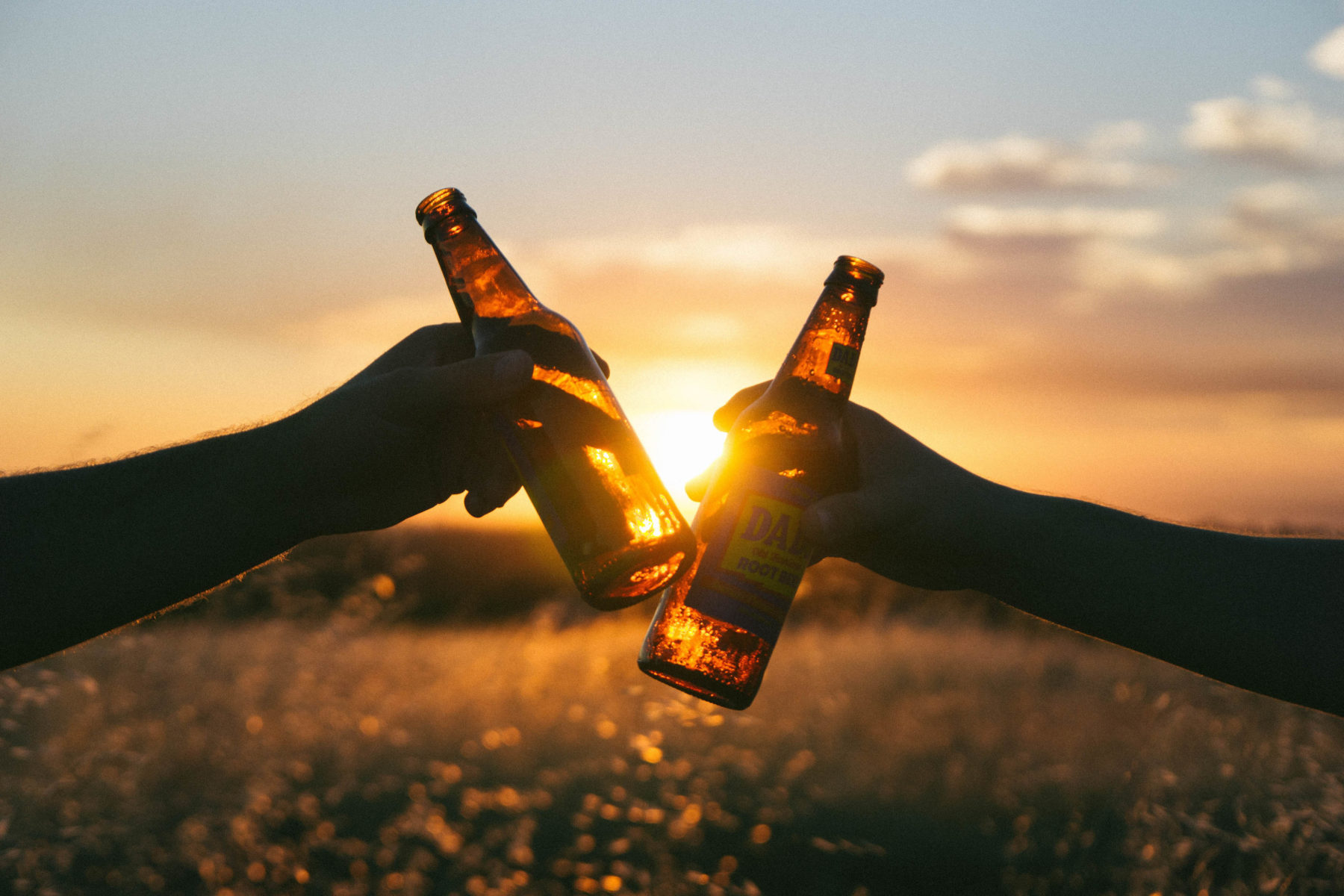Could Alcohol Be Slowing You Down?

Alcohol has become a staple for many people in the U.S. However, sometimes people forget that alcohol is a drug and can have the same negative effects as other drugs that are deemed “worse.” Because consuming alcohol is so mainstream in our society, it’s hard to remember that it might be negatively impacting your health.
Alcohol can seem harmless, and in certain cases, it is. However, according to the National Institute on Alcohol Abuse and Alcoholism, 85.6% of people in the U.S. over the age of 18 have drunk alcohol at some point in their lifetime. Out of those people, about 25.5% have reported having participated in binge drinking in the past month since the survey.
When people think about addiction problems, they’re typically referring to “hard drugs” such as painkillers, cocaine and heroin, but despite common belief, alcohol is actually the second-most common addiction next to nicotine.
So what makes alcohol so addictive? Dr. Isela Werchan, who is a board-certified psychiatrist and addiction specialist at Recovery Unplugged, states that drinking alcohol stimulates the release of endorphins and dopamine in the brain, which can produce feelings of satisfaction.
“Alcohol can actually cause physical changes in the brain’s chemistry,” Werchan says. “The brain’s reward and pleasure system is overloaded, and the user can experience cravings to make them repeat that experience.”
Because alcohol is such a commonly used substance, it can be hard to spot an addiction to alcohol. Some of the common signs of alcoholism are a lack of interest in things besides drinking, problems in work or school, depression, isolation from others and drinking alone.
However, many people are unaware that there are high-functioning alcoholics who may not exhibit these symptoms. High-functioning alcoholics are good at hiding their alcohol abuse. It’s possible that you will never see them abusing alcohol firsthand, but they can still have the same health consequences that come with abusing alcohol.
Werchan explains that there are many risk factors with alcohol, even if the person is not an alcoholic. According to Werchan, some of the side effects can be heart disease, anemia, cancer, gout and insomnia.
These side effects can appear in anyone who drinks alcohol fairly regularly. It’s important to catch an alcohol addiction before it starts, as the damages to the body increase the longer the addiction progresses. Werchan explains that it likely wouldn’t be healthy for someone with an addiction to alcohol to suddenly stop drinking it; they would have to wean themselves off.
“If they suddenly stopped drinking, they could have a greater risk of seizures, tremors, headaches, nausea and depression,” Werchan says.
The reason a lot of people drink alcohol is to take a break from stressors in daily life. As Werchan explained, it can have numbing effects on the body and temporarily increase your mood. However, alcohol could be contributing to that stress in the long term.
Werchan says that alcohol can cause depression and anxiety as well as exacerbate previous mental health diagnoses. So if you are looking to fix your mental health issues, alcohol is not the way to do it.
There is a common saying that drinking a glass of wine a day can actually benefit your health, but it’s not necessarily true. Werchan says that while it may have some positive benefits, it’s not necessary.
“Wine can provide antioxidants that protect against cancers, heart disease and inflammation, but there are many other healthier ways to get these antioxidants,” Werchan says. “So, although one glass of wine is not necessarily bad, it’s not necessary to obtain the benefits from these antioxidants.”
Resveratrol is the antioxidant in wine that contains these health benefits. According to the Mayo Clinic, the resveratrol in wine actually comes from the grape skins that the wine is made from. Therefore, simply eating grapes or drinking grape juice can have similar benefits without the downsides of consuming alcohol.
For those who don’t like grapes, there are also plenty of other ways to get this antioxidant into your diet. Peanuts, blueberries and cranberries are all healthy ways of consuming resveratrol. There are also supplements available, but your body will be unable to absorb all of the resveratrol from those supplements.
At the end of the day, alcohol is not the worst thing in the world, and it’s unlikely that many people will stop drinking it. However, it is important to understand your body’s limits and the dangers that come with abusing alcohol.
If you or someone you know is struggling with an addiction to alcohol, it is important to get help right away before permanent damage is done to your body.






